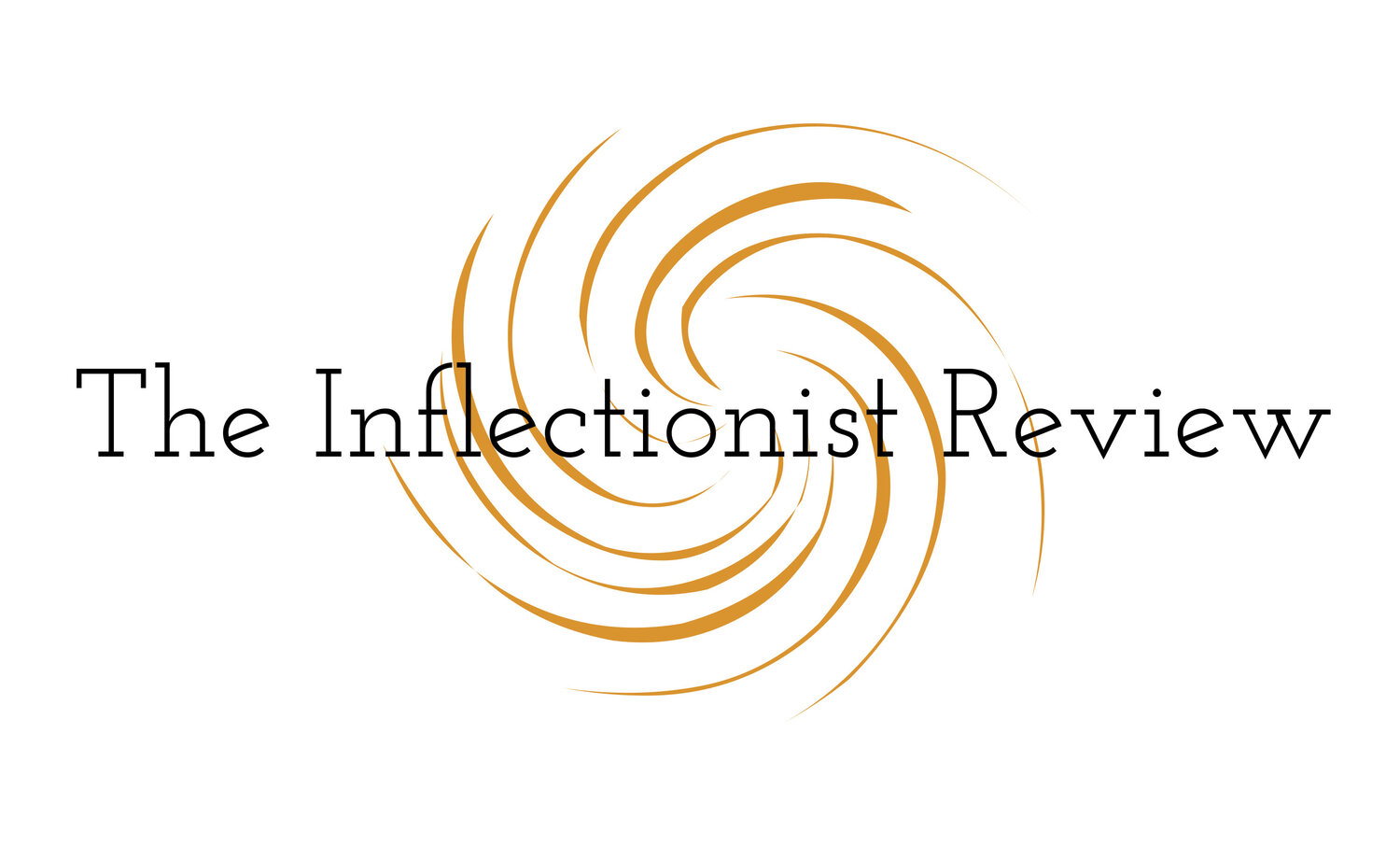Jeff Hardin
In the Last Years of the Last Century
We pulled onto the side road next to the field where deer
would be feeding in the long meadow beneath a ridge line,
fifteen miles from town in the last years of the last century,
and though night had fallen hours before, a spotlight was lifted
and aimed, the deer then turning their eyes, fixed where they
stood, ready to be taken,
though when the gunshot rang out,
there was always that moment when the legs quickened, as if
to bolt back into the darkness, but then the body’s dead-fall
into tall grass—fescue, wheat, or sage.
I was nine or ten,
old enough to wince a little at the unfairness of their demise,
but also, like the others in the bed of the pick-up, thrilled
at the lawlessness, of not being caught, yet if I’m truthful
—and why now be otherwise—I marveled at how beautiful
the moment was, which, now in mid-life, I attribute to how
the aim came true, intention and outcome joined, an accuracy
so seldom seen in all the years afterward.
Only a few times
have I stood in vastness, the kind that is either redemptive
or annihilating, where I am edgeless, ahistorical, unshakeable;
and fewer times have I stood outside myself
to observe myself,
but maybe that’s what the darkness is for, and I learned early
to hold the light steady, to scan the firmaments before me,
to find my vulnerabilities
and not to tremble at their collapse.
Jeff Hardin is the author of seven collections of poetry, most recently Watermark, A Clearing Space in the Middle of Being, and No Other Kind of World. His work has been honored with the Nicholas Roerich Prize, the Donald Justice Prize, and the X. J. Kennedy Prize. Recent and forthcoming poems appear in The Southern Review, Bennington Review, Image, The Laurel Review, The Louisville Review, Poetry South, Literary Matters, Southern Poetry Review, Potomac Review, Zone 3, Cutleaf, and others. He lives and teaches in TN.
